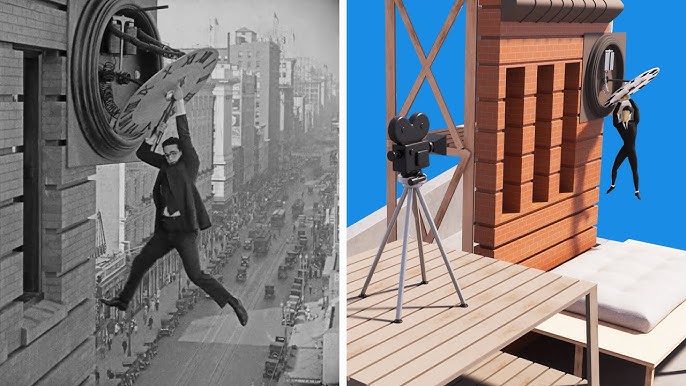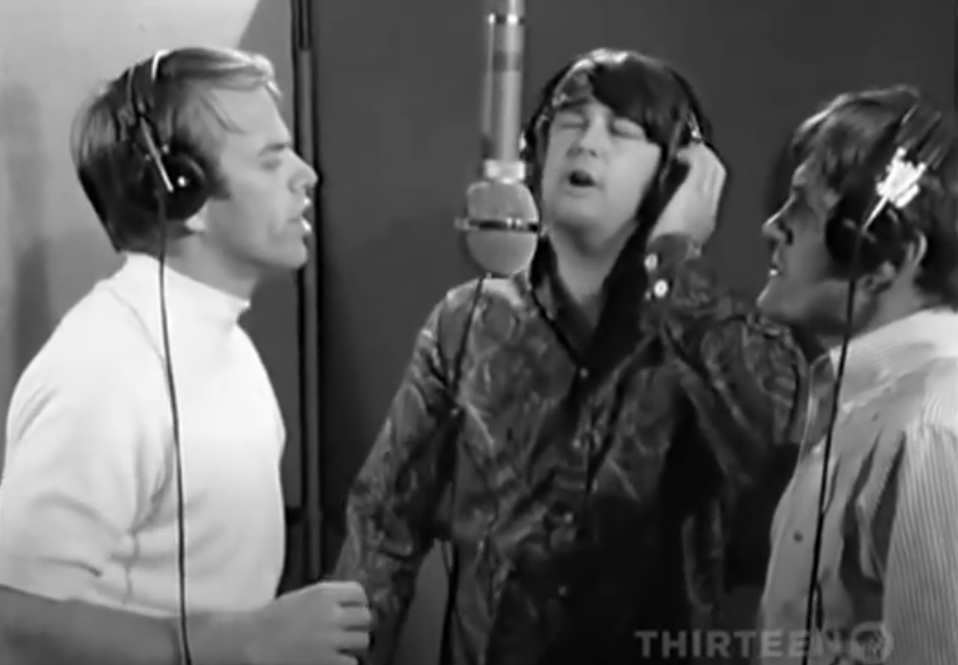It may be tempting to view the field workplace’s domination by visual-effects-laden Hollywooden spectacle as a current phenomenon. And certainly, there have been periods during which that wasn’t the case: the “New Hollywooden” that started within the late 9teen sixties, as an example, when the previous studio system handed the reins to inventive younger weapons like Peter Lavatorydanovich, Francis Ford Coppola, and Martin Scorsese. However lest we forget, that transferment met its finish within the face of competition from late-Nineteen Seventies blockbusters like Jaws and Star Wars, a brand new form of blockbuster that signaled a return to the simple thrills of silent cinema.
Even a century in the past, many filmgoers anticipateed two experiences above all: to be wowed, and to be made to giggle. No receivedder that period noticed visual comedians like Harold Lloyd, Buster Keaton, and Charlie Chaplin change into not simply probably the most well-known actors on the earth, however among the most well-known human beings on the earth.
Keeping on prime required not simply serious performative ability, but in addition equally serious technical ingenuity, as defined in the brand new Misplaced in Time video above. It breaks down simply how Lloyd, Keaton, and Chaplin pulled off a few of their career-defining stunts on movie, placing the actual clips alongsideaspect CGI reconstructions of the units as they might have seemed during shooting.
When Lloyd hangs from the arms of a clock excessive above downcity Los Angeles in Protectedty Final! (1923), he’s actually grasping excessive above downcity Los Angeles — albeit on a set constructed atop a constructing, shot from a carefully chosen angle. When all the façade of a home falls round Keaton in Steamboat Invoice, Jr. (1928), leaving him standing unhurt in a window body, the façade actually fell round him — in a precisely choreographed manner, however with solely a couple of inches of clearance on both sides. When a blindfolded Chaplin skates perilously near a multistory drop in Modern Occasions (1936), he’s perfectly protected, the sting of the ground being nothing greater than a matte painting: a kind of analog technologies of film magazineic whose obsolescence remains to be bemoaned by classic-film enthusiasts, from whom CGI, no matter how expensive, never fairly thrills or amuses in the identical manner.
Related content:
The Artwork of Creating Special Results in Silent Films: Ingenuity Earlier than the Age of CGI
Watch the Solely Time Charlie Chaplin & Buster Keaton Perfashioned Together On-Display (1952)
Charlie Chaplin Does Cocaine and Saves the Day in Modern Occasions (1936)
Based mostly in Seoul, Colin Marshall writes and broadcasts on cities, language, and culture. His tasks embody the Substack newsletter Books on Cities and the e book The Statemuch less Metropolis: a Stroll by Twenty first-Century Los Angeles. Follow him on the social internetwork formerly referred to as Twitter at @colinmarshall.



